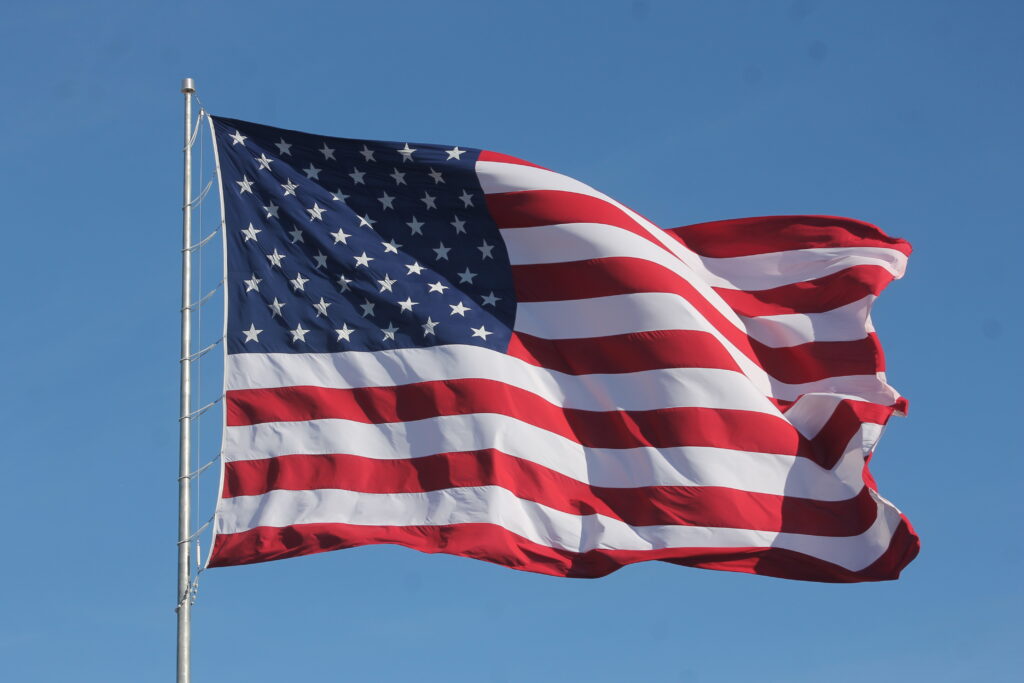The J-1 Au Pair visa presents a significant opportunity for young people aged 18-26 to live in the United States while providing childcare for an American host family.
This visa program, managed by the U.S. Department of State, is specifically structured to promote mutual understanding through daily interactions and shared responsibilities between au pairs and host families.
Based on the US. Citizenship and Immigration Services (USCIS) interpretation, the arrangement not only supports educational and professional growth but also ensures that both the au pairs and host families benefit from a well-regulated exchange.
About J-1 (Au Pair) Visa
According to the U.S. Citizenship and Immigration Services (USCIS), The J-1 classification (exchange visitors) Visa, is authorized for those who intend to participate in an approved program for teaching, instructing, lecturing, studying, observing, conducting research, consulting, demonstrating skills, receiving training, or receiving graduate medical education or training.
The immigration body informs that the Department of State will designate public and private entities to act as exchange sponsors for the Exchange Visitor Program. J-1 nonimmigrants are therefore sponsored by an exchange program that is designated as such by the U.S. Department of State.
These programs are designed to promote the interchange of persons, knowledge, and skills, in the fields of education, arts, and science.”
BridgeUSA explains that the Au Pair program offers a chance for participants and host families to share cultural experiences, where participants can continue their education and live with an American family, while host families get dependable childcare from someone who becomes part of their family.
Compensation and Family Considerations
According to DAAD Scholarship Forum, Au pairs typically earn between $10,000 and $15,000 annually. Although the primary benefits include free room and board and the opportunity to live in the U.S. without the usual living expenses.
While the J-1 visa generally supports individual exchange visitors, family members such as spouses and children may apply for J-2 dependent visas.
Eligible Jobs for the J-1 Au Pair Visa
The J-1 Au Pair visa is tailored to roles involving childcare and light household work. Common responsibilities include:
- Childcare: Assisting with daily activities such as school transport, homework help, meal preparation, and recreational activities.
- Light Housework: Performing tasks related to the care of children, including cleaning and tidying.
- Educational Assistance: Supporting children’s learning through homework help and educational activities.
- Driving Children: Transporting children to school and activities, requiring a valid driver’s license.
- Cultural Exchange: Sharing and learning about different cultures with the host family.
Eligibility Criteria for J-1 Au Pair
Applicants must meet the following requirements:
- Age: Between 18 and 26 years old.
- Experience: Prior childcare experience is required, often verified through references.
- Language Skills: Proficiency in English is essential.
- Education: Completion of secondary education is generally required.
- Health: Good physical health, verified by a medical examination.
- Driver’s License:A valid driver’s license is typically needed.
- Good Character: A clean criminal record is necessary.
- Commitment: A 12-month stay is expected, with possible extensions up to two years.
J-2 Eligibility
According to BridgeUSA official site, eligibility for a J-2 Visa depends on the specific exchange program being offered to the J-1 non-immigrant by a sponsor organizations.
The exchange categories of au pair, camp counselor, secondary school student and summer work travel do not permit J-2 Visas. And although some categories allow for spouses and/or dependents to accompany a J-1 Visa holder, there are specific programs that do not.
Finding J-1 (Au Pair) Visa Jobs
According to DAAD Scholarship Forum, prospective au pairs can find placements through these various platforms:
Application Process For J-1
According to USCIS, the U.S. Department of State plays the primary role in administering the J-1 exchange visitor program. The first step in obtaining a J-1 visa is:
- Submit a Form DS-2019, Certificate of Eligibility for Exchange Visitor Status, (formerly known as an IAP-66). Your sponsoring agency will provide you this form.
- Work closely with the officials at your sponsoring agency who will be assisting you through this process. (An official who is authorized to issue Form DS-2019 is known as a responsible officer (RO) or alternate responsible officer (ARO). Your RO or ARO will explain to you what documents are needed in order to be issued a DS-2019.)
- After you have obtained a Form DS-2019, you may then apply for a J-1 visa through the U.S. Department of State at a U.S. Embassy or Consulate.
- The waiting time for an interview appointment for applicants can vary, so submitting your visa application as early as possible is strongly encouraged (though you may not enter the United States in J-1 status more than 30 days before your program begins).
Application Process For J-2 Visa
The application procedure is the same as that for a primary visa applicant. The sponsor must approve the accompaniment of the spouse and/or children who will each be issued their own Form DS-2019.
DAAD provides that each family member must submit their own DS-160 form, pay the visa fee, and attend a visa interview (if required).
What You Should Know
Au pairs cannot work on a Tourist Visa or ESTA. All au pairs must use the J-1 program, as working outside this program is considered visa fraud and can lead to serious legal issues.
If a Host Family tries to bring you to the USA without a designated agency, they are breaking the law. Working in the US as an Au Pair outside of the J-1 program is visa fraud, which can lead to fines, deportation, and issues with future U.S. visas.
Also, if you come to the US without the correct visa, you will not have any support system. When coming to the US legally under the J-1 program, you will have a support network, including the U.S. Department of State, the US agency, and local representatives. The Host Family will have been screened by the agency to ensure your safety and well-beingwell-being, according to Au Pair.com.
